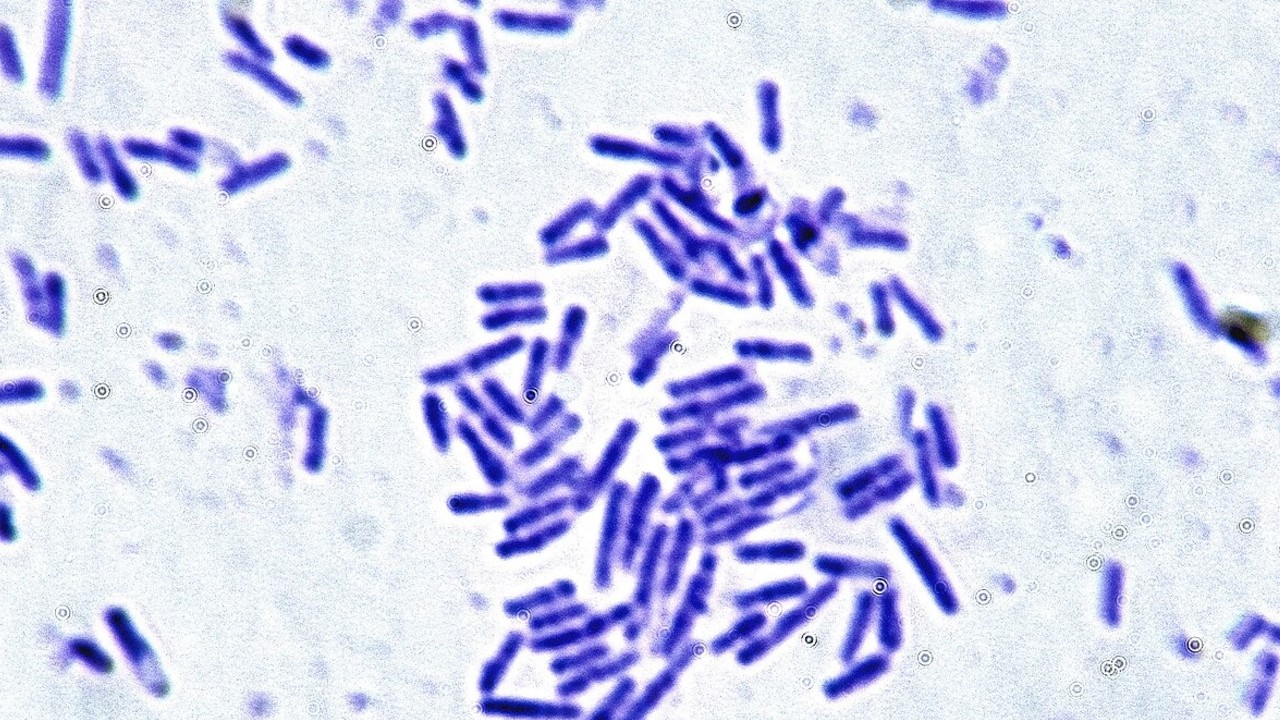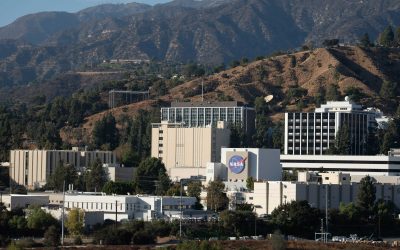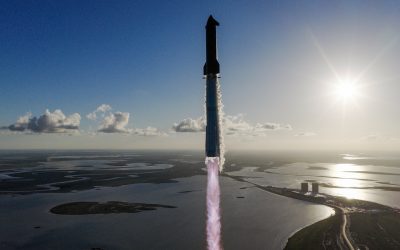Microorganisms critical to human health have demonstrated robust resilience against the extreme forces of space travel. This finding offers significant hope for safeguarding astronaut well-being during future long-duration missions.
Scientists at Australia’s Royal Melbourne Institute of Technology (RMIT) University have dispatched spores of Bacillus subtilis bacteria on a sounding rocket flight. Secured in a 3D-printed microtube holder, the mission’s objective was to assess how the bacterium — known for its contributions to human immune systems, gut health, and blood circulation — would fare under the combined rigors of launch, microgravity, and atmospheric reentry. Such microorganisms, including B. subtilis, are considered vital for sustaining human life over extended periods beyond Earth, a fundamental requirement for establishing future off-world colonies like one on Mars.
Microbes were subjected to a battery of extreme conditions, including accelerations up to 13 times Earth’s gravity, a six-minute period of weightlessness at an altitude of approximately 162 miles (260 kilometers), and intense decelerations reaching 30 Gs while rotating at about 220 times per second during their descent. Despite this ordeal, subsequent recovery and analysis by scientists revealed no damage to the spores’ structure. Furthermore, the spores demonstrated normal growth patterns, identical to those observed on Earth, according to a university statement.
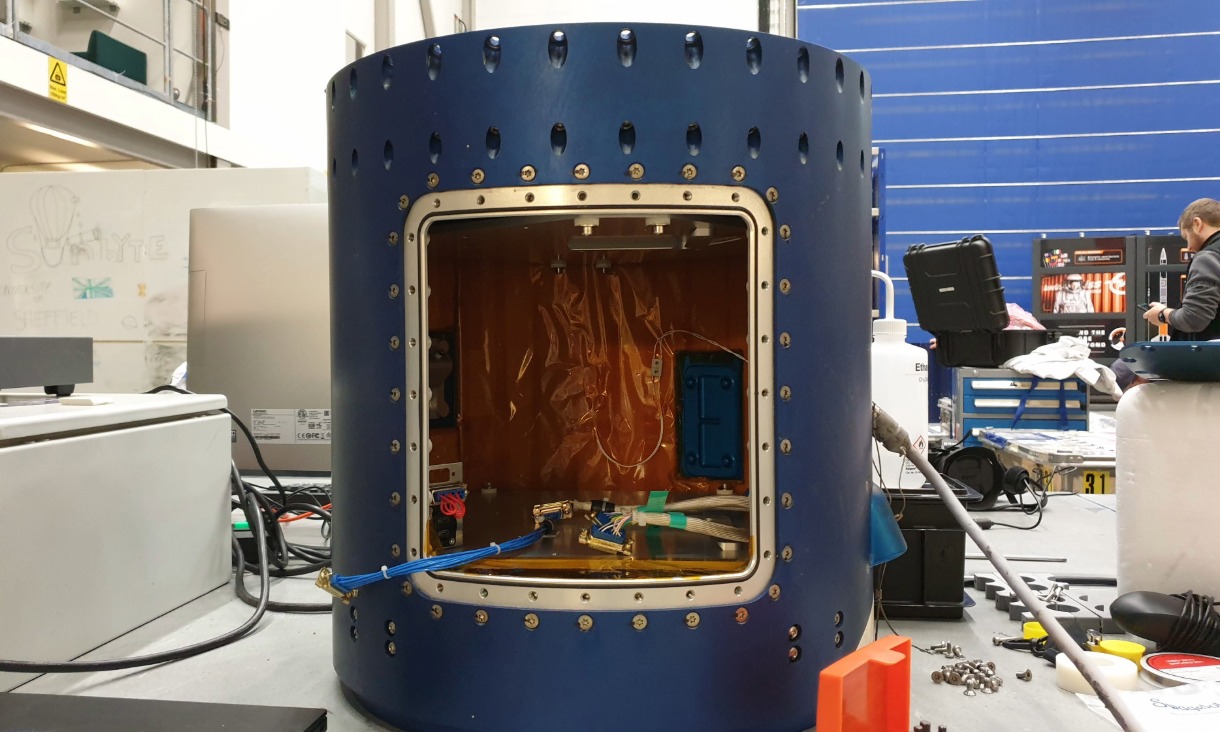
An important type of bacteria vital for human health can withstand rapid changes in gravity, including both acceleration and deceleration, new research indicates. Elena Ivanova, a co-author of the study and professor at RMIT University, explained that this discovery significantly broadens understanding of how long-duration spaceflight impacts the beneficial microorganisms residing within the human body. She noted that these insights will enable the design of improved life support systems, essential for maintaining astronaut health during extended space missions.
For astronauts, a robust and balanced microbiome is indispensable, underpinning digestive health, immune function, and overall physiological well-being—a necessity amplified during extended missions. Crucially, the discovery that beneficial bacteria can successfully navigate the harsh transitional phases of spaceflight suggests these vital microbes could be safely transported on future deep-space expeditions to the Moon, Mars, and beyond.
This groundbreaking research marks the first time bacteria have been studied under authentic spaceflight conditions, rather than in laboratory settings. The insights gained are expected to be pivotal in the creation of reliable and sustainable life support systems, vital for waste recycling, food production, and plant cultivation during future long-duration space expeditions.
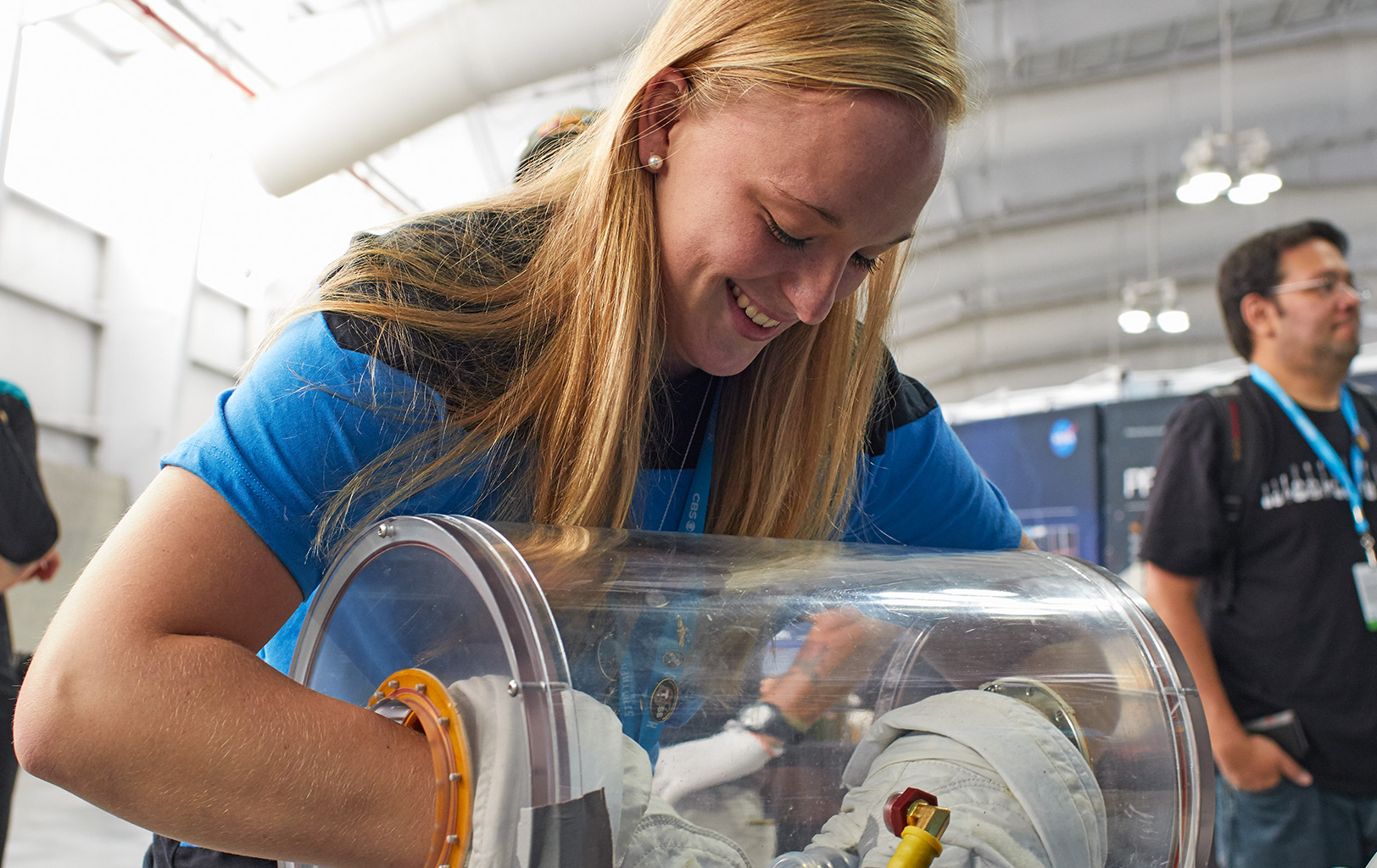
Previous International Space Station (ISS) research has demonstrated that microbes, specifically spores, can survive months in the airless vacuum and harsh radiation of space. However, this latest experiment adopts a distinct approach, focusing on the rigorous stresses encountered during a full rocket flight, from launch to landing. Researchers noted that while *B. subtilis* spores are exceptionally hardy, the study establishes a crucial benchmark. This benchmark will pave the way for testing other microbial species directly linked to human health and agriculture.
Investigating how microbes endure in extreme environments yields crucial dual advantages. On Earth, this scientific endeavor directly aids in developing innovative antibacterial treatments and formulating effective strategies to fight the growing threat of antibiotic-resistant bacteria. Simultaneously, it furnishes vital clues for the ongoing quest to discover life beyond our planet.
Ivanova stated that this development could refine the approach to life-detection missions, ultimately enabling scientists to identify and examine microbial life forms capable of thriving in environments once considered uninhabitable.
The complete results of their study debuted on October 6, featured in the scientific journal npj Microgravity.

